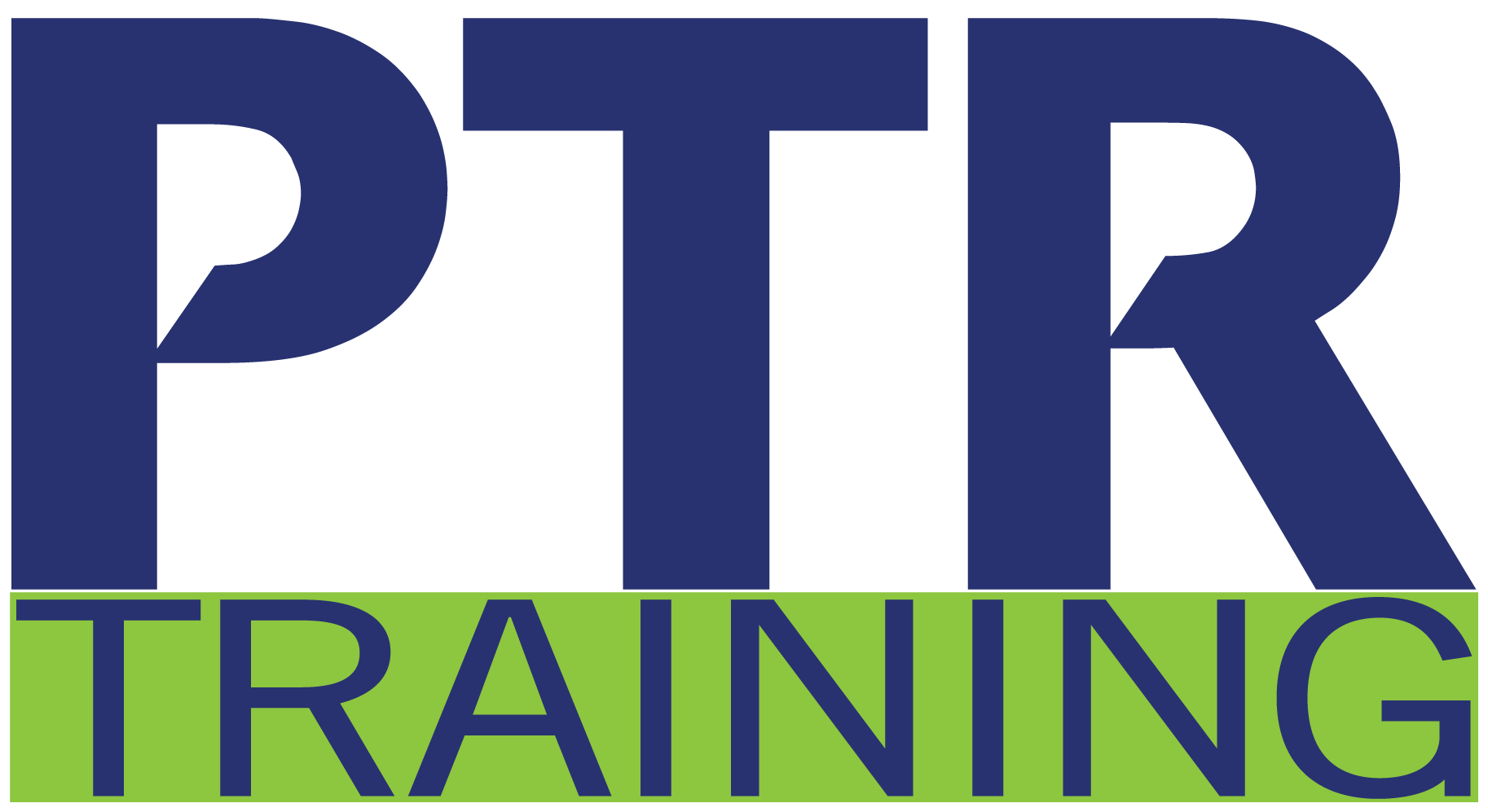Despite having an experienced team and established project management processes, managers often encounter frustrations in task assignments, goal setting, and meeting deadlines. For project managers, ensuring a team completes tasks efficiently is essential. Integrating the following five tips into your team management strategy can significantly impact project success while enhancing morale, unity, and team pride:
Boost Efficiency to Achieve Maximum Velocity
Clear Goals and Roles: Define project objectives, share deadlines with periodic review points, and address challenges that may arise in assigned roles and responsibilities.
Communication and Transparency: Maintain open communication throughout the project lifecycle to align the team. Frequent updates on responsibilities, roles, and action items minimize confusion and foster collaboration.
Knowledge Sharing: Encourage a culture of knowledge exchange among team members to enhance skills and capabilities. Sharing expertise across different project aspects strengthens the team's overall proficiency.
Turning Failures into Success: Embrace failures as learning opportunities rather than setbacks. Address challenges collectively, realign team goals and roles, and foster shared learning to overcome obstacles effectively.
Evaluation and Recognition: Conduct regular assessments to assess project progress and outcomes. Recognize and reward positive behavior to motivate team members and boost morale, ultimately increasing productivity.
Managing the human aspect of project management can be complex, but implementing these strategies can cultivate an effective team capable of handling project scope and scalability. Additionally, consider enrolling in a project management course to strengthen your leadership skills in the workplace.

